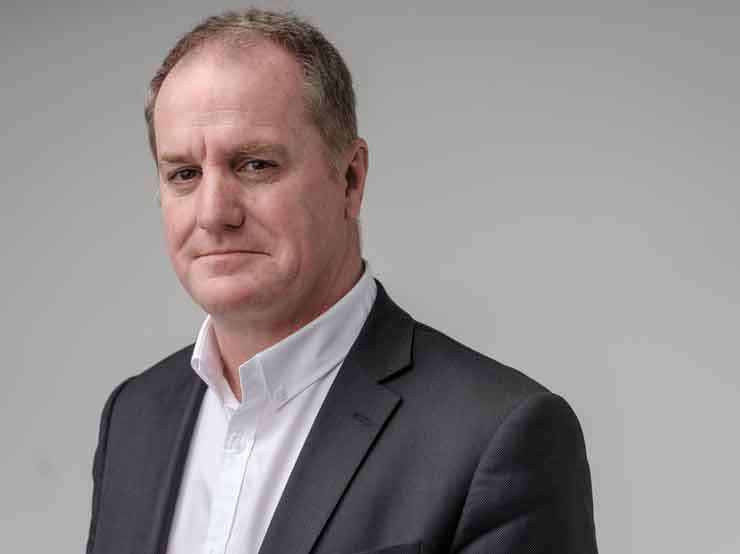COMMENT: Back in 2019 I wrote an article suggesting that the measures we were using to gauge housing affordability were incomplete. Up until that time, the various periodic reports on affordability were almost all quoting house prices as a multiple of gross household income to determine whether house prices were going up or down. For example, if the average house used to cost twice the average annual household income and now cost 5 times the average household income, housing affordability was deemed to have gone backward.
Sounds fair enough? Right?
Well yes, but there was another measure which was being totally ignored. Almost without exception, housing affordability reports were ignoring the cost of servicing a mortgage as a percentage of household income. This was a huge oversight because, although house prices had been increasing since the 1980s, mortgage interest rates had been coming down and this, combined with a steady increase in household incomes meant that the cost of servicing a mortgage had actually dropped. By this measure, houses had actually become considerably more affordable.
The numbers are compelling. In 1966 the average household income was the inflation adjusted equivalent of around $51,000 today, and the median New Zealand house price was the equivalent of about $159,000 today. The average floating mortgage interest rate, at the time, was 6.27%, so if we assume an average mortgage was 80% of the value of a house, the annual interest and principal cost of a 30 year mortgage would have been about $9,420 in today’s dollars, or about 19% of household outgoings.
Start your property search
But by 1986 floating mortgage interest rates had increased to almost 20%, which meant that the cost of servicing a mortgage had increased to 52% of the median household income – the highest level it has reached in the modern era. By 2001 the cost of servicing a mortgage on the median New Zealand house price had dropped back to 34% of the median household income, and by 2019 it was sitting slightly above that at 37%. This is despite the fact that median house prices had increased dramatically since 1986 and houses were costing almost then times what they did, back then, in inflation adjusted terms.
This additional measure was crucial to gaining a true understanding of housing affordability, so I was delighted to see that property data company CoreLogic has included it in its latest Housing Affordability Report, along with an update of the figures that I produced in 2019. There are some small variances in the way that CoreLogic treats the data, but it’s close enough to my own methodology to draw some reasonable comparisons.

Ashley Church: “The market will continue to defy any attempts to constrain it or bring it to heel.” Photo / Ted Baghurst
According to CoreLogic, 48% of gross household income is now required to service a mortgage of 80% of the value of a property (based on the average property value, with the mortgage over a 25-year term). This is up sharply from the 37% in my numbers three years ago, almost certainly because of the big increases in house prices over the past 18 months. This (almost) takes us back to the levels of the mid-1980s when housing was at its least affordable and it wouldn’t be unreasonable to expect the measure to pass that level over the next couple of years as interest rates rise.
But is it a crisis? And more importantly, does it require intervention?
In my opinion, the answer to both questions is no. And, in any case, the best intentions of multiple New Zealand Governments have been dashed on the rocks of various weird and wonderful attempts to control the housing market. It simply can’t be done for any longer than a moment in time and the market will continue to defy any attempts to constrain it or bring it to heel.
As to whether it’s a crisis, the answer is more subjective. In my view, it would be a crisis if the portion of the 35% of Kiwis who don’t own a home, but want to buy one, was finding it harder to get into the market. For at least the past 20 years the evidence is that that cohort has been continuing to buy homes despite increasing house prices and silly rules imposed by the Reserve Bank, so, despite breathless headlines, it hasn’t been a crisis up until now.
Whether it will become one – and whether we need to do even more to help first home buyers as a result – will be determined by what happens to that buyer group over the next few months.
Meanwhile, house prices will stop going up when they reach a point at which Kiwis can’t, or won’t, pay any more for them – and we haven’t reached that point yet.
- Ashley Church is a property commentator for OneRoof.co.nz. Email him at ashley@nzemail.com
















































































